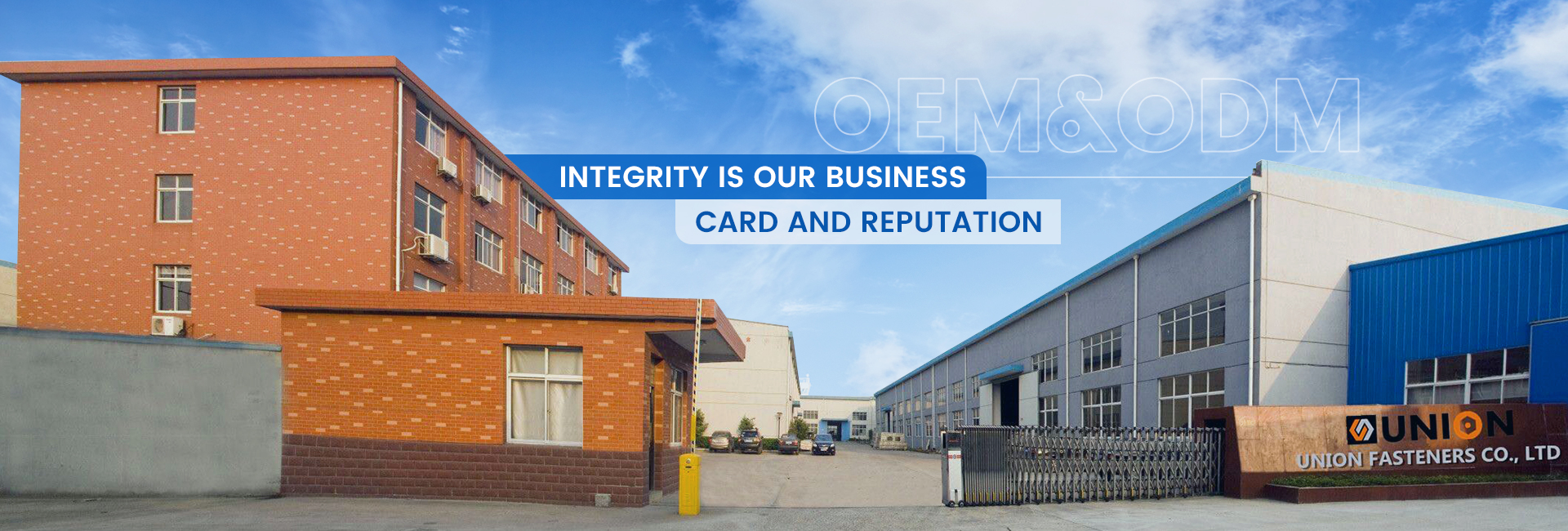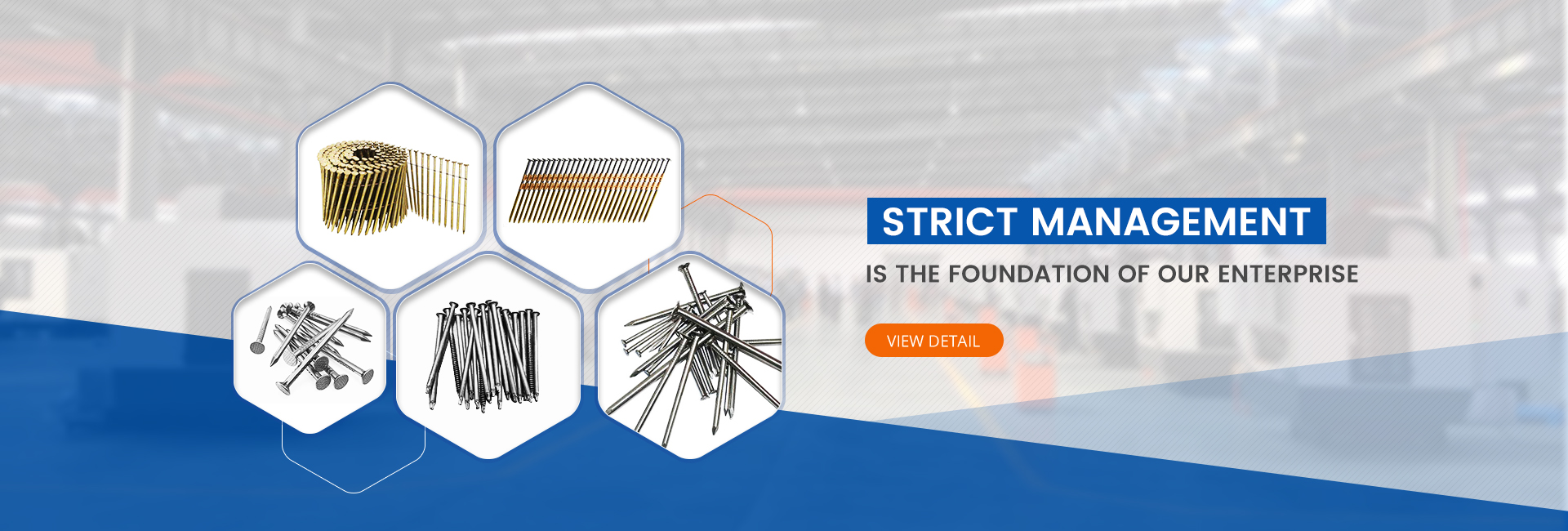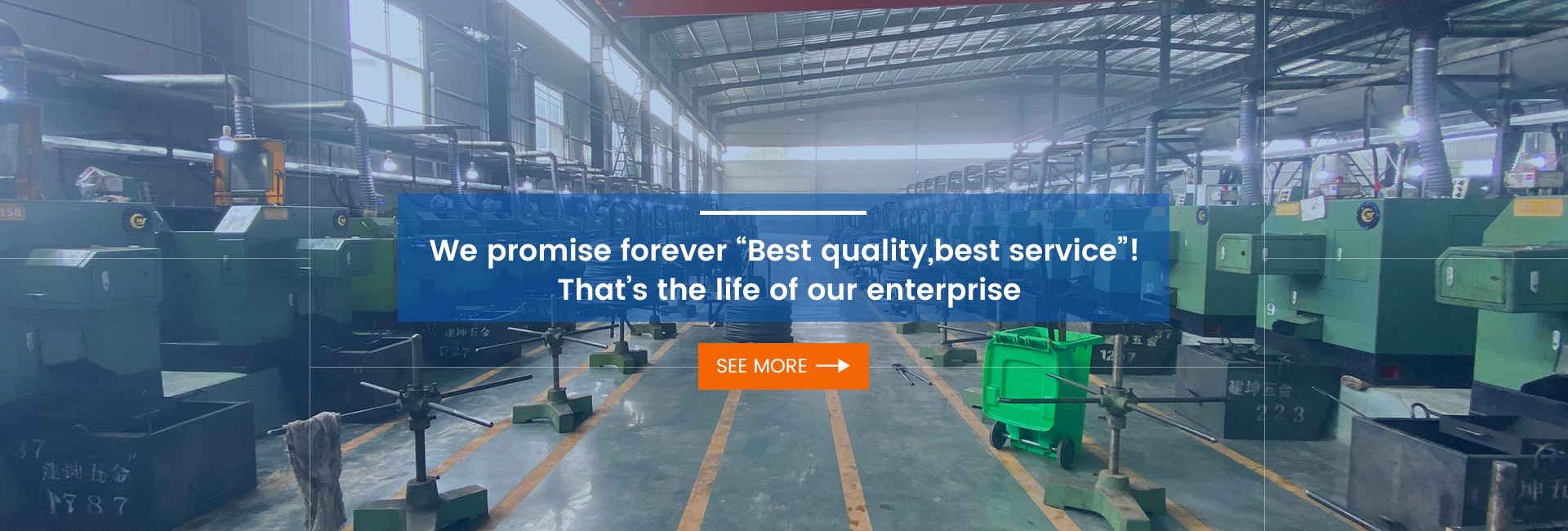The hardware industry, as a crucial component of manufacturing, has been continuously evolving and developing. In 2024, this industry is experiencing a series of notable changes.
Firstly, with ongoing technological advancements, smart manufacturing has become a significant trend in the hardware industry. Advanced automation equipment and robotic technologies are gradually replacing traditional manual operations. This shift not only boosts production efficiency but also greatly enhances product precision and quality consistency. For instance, in the machining of hardware components, CNC machines and smart processing centers can achieve high-precision processing of complex shapes, meeting the increasingly stringent requirements for hardware products across various fields.
Secondly, the concept of environmental protection is becoming increasingly ingrained in the hardware industry. Consumer demand for green and environmentally friendly hardware products is rising, prompting companies to invest more in the research and development of eco-friendly materials and the improvement of production processes. Many hardware companies are now adopting recyclable materials and optimizing production processes to reduce energy consumption and waste emissions, aligning with the market’s pursuit of sustainability.
Moreover, innovative design has become a key factor in enhancing competitiveness for hardware companies. To meet consumer demands for personalization and aesthetics, hardware product design is now focusing not only on functionality but also on appearance, ergonomics, and user experience. From fashionable designs in home hardware to efficient and convenient designs in industrial hardware, innovative design concepts add higher value to hardware products.
Additionally, as global economic integration advances, international competition in the hardware industry is becoming more intense. Domestic hardware companies must not only contend with competitors within the country but also face challenges from international markets. In this context, companies need to continuously improve their technological capabilities and brand influence, expand their international market share, and engage in international cooperation and exchanges. This approach will help them introduce advanced technologies and management practices, promoting the overall development of the industry.
At the same time, the rise of e-commerce has brought significant changes to the sales model in the hardware industry. More hardware companies are expanding their sales channels through online platforms, breaking geographical limitations and directly reaching a broader customer base. Online sales not only reduce sales costs but also enhance market responsiveness, allowing companies to adapt more quickly to market changes.
In the future, the hardware industry will continue to develop in the directions of smart manufacturing, environmental sustainability, innovation, and internationalization. Companies need to keep pace with the times, continually innovate in technology and management, adapt to market changes and demands, and provide higher-quality, more efficient, and environmentally friendly hardware products. Together, these efforts will drive the hardware industry to new heights.
Post time: Jul-25-2024



